Traditional owners slam ‘offensive’ heritage agreement
Environment Minister Tanya Plibersek has been urged to use the same mechanism that stopped the McPhillamys gold project to halt works on the Burrup.
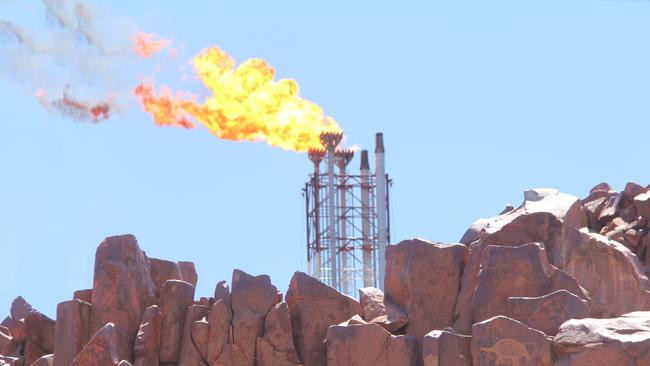
You can now listen to The Australian's articles. Give us your feedback.
The Indigenous group representing traditional owners from Western Australia’s rock art and industry-rich Burrup Peninsula says it is hamstrung by a two-decades-old law that effectively prohibits it from objecting to any major projects in the UNESCO World Heritage-nominated area.
And the Aboriginal woman behind last year’s successful if short-lived Federal Court action against Woodside Energy’s Scarborough gas project has implored Environment Minister Tanya Plibersek to use the same mechanism that saw the government stop Regis Resources’ $1 billion McPhillamys gold project in NSW to halt the major projects underway across the Burrup.
Murujuga Aboriginal Corporation CEO Kim Wood told a senate inquiry on Monday that the underlying agreement put in place by the WA government almost 20 years ago to govern interactions between MAC, the state and the major companies operating in the region had restricted MAC’s ability to object to industrial development in the area.
The Burrup is home to an estimated one million petroglyphs each dating back thousands of years, making it the world’s largest collection of rock art, and it is currently being assessed by UNESCO for a World Heritage listing. It is also the home of some of Australia’s largest industrial projects, including the North West Shelf liquefied natural gas facility, Yara’s fertiliser plant, and Perdaman’s $6 billion under-construction urea project.
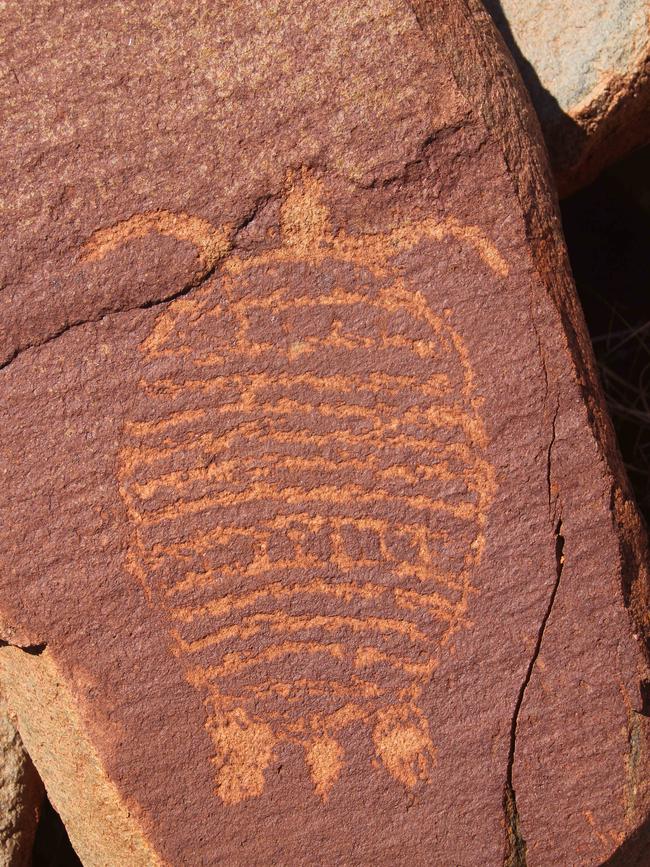
MAC itself has been the subject of some criticism from a breakaway Indigenous group called Save Our Songlines, whose founder Raelene Cooper – herself a former chair of MAC – has accused the group of failing to do enough to protect the area’s cultural heritage.
Mr Wood told the inquiry that the Burrup Industrial Maitland Estate Agreement, or BIMEA, included a “particularly offensive” condition that MAC did not have the ability to “say no” to any industrial proposals in the area.
“We operate under the terms of the BIMEA agreement, which is by no means a perfect agreement,” Mr Wood said.
“The no objection clause is particularly offensive and would be unlikely to be embedded in a contractual based document if it was done today.”
In arguably the strongest public comments from MAC to date, Mr Wood said that while the organisation had “expressed strong views” to Woodside and other proponents, it was limited in what it could do.
“There is no question that none of us are happy,” he said.
“One of our senior law people explained to me … that everything that happens to country like this whether it’s stockpiles of iron ore that Rio has, it’s the drilling, it’s the ripping of the earth to pipelines in, it’s all wrong. Under traditional law none of this is right.
“But we understand that industry will continue and we can’t stop that.”
Ms Cooper, meanwhile, used her appearance before the inquiry to lament what she said was Environment Minister Tanya Plibersek’s inaction on her complaints about industrial works underway on the Burrup.
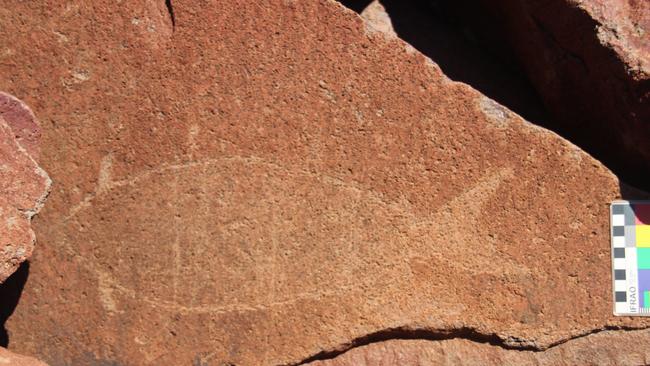
Ms Cooper filed a Section 10 application for the Burrup two years ago, but the process remains ongoing. In the meantime, Perdaman has carried out works to relocate a number of pieces of rock art and cultural sites to make way for its new urea plant.
A Section 10 application prompted Ms Plibersek earlier this month to oppose the plans put forward for a tailings dam as part of Regis’ McPhillamys gold mine.
Ms Cooper said that as far as she was concerned, the Section 10 application she had lodged had been a “waste of time” and the process did not do enough to protect Aboriginal heritage.
The Perdaman work that she had hoped to stop through the Section 10 process, she said, had been carried out while the application was considered.
“We’re still talking about and going through the section 10 stuff right now,” she said.
“It hasn’t helped.”
She said Environment Minister Tanya Plibersek had let her and other Aboriginal people down by failing to act on development across the Burrup.
“Quite frankly our environment minister, she’s missed the boat a long time ago. Because in the two years, [Perdaman] have taken seven hills in the area that used to be there,” Ms Cooper said.
Ms Cooper was behind a successful but ultimately short-lived Federal Court challenge last year that saw a seismic program for Woodside’s Scarborough LNG project temporarily halted.


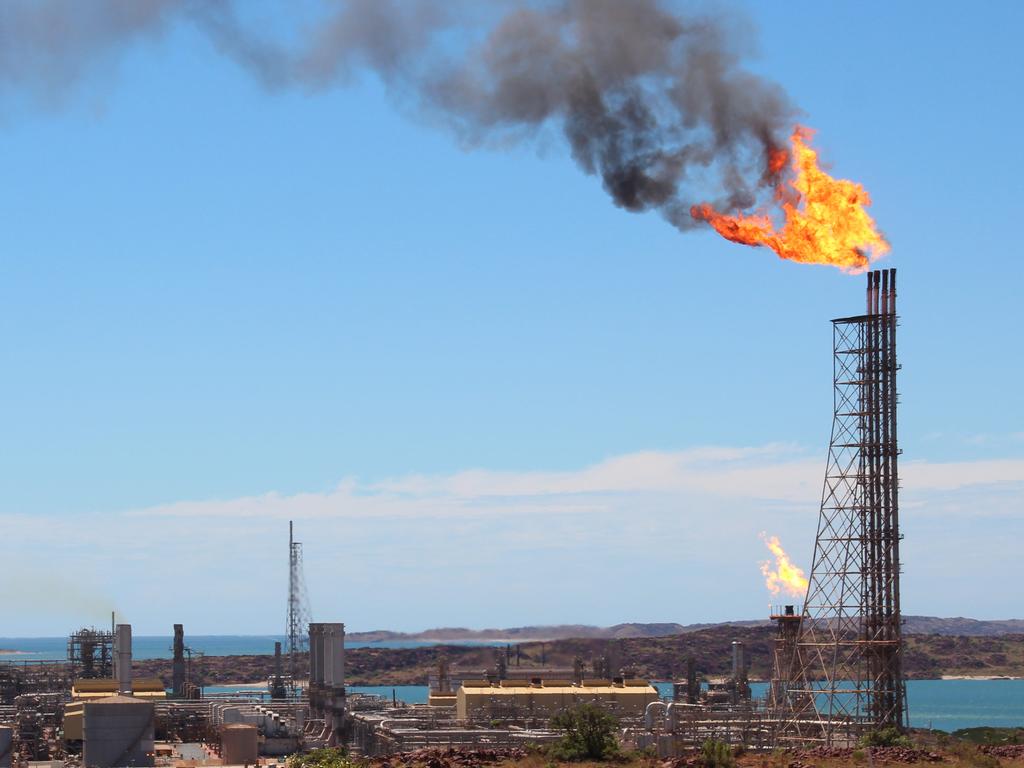
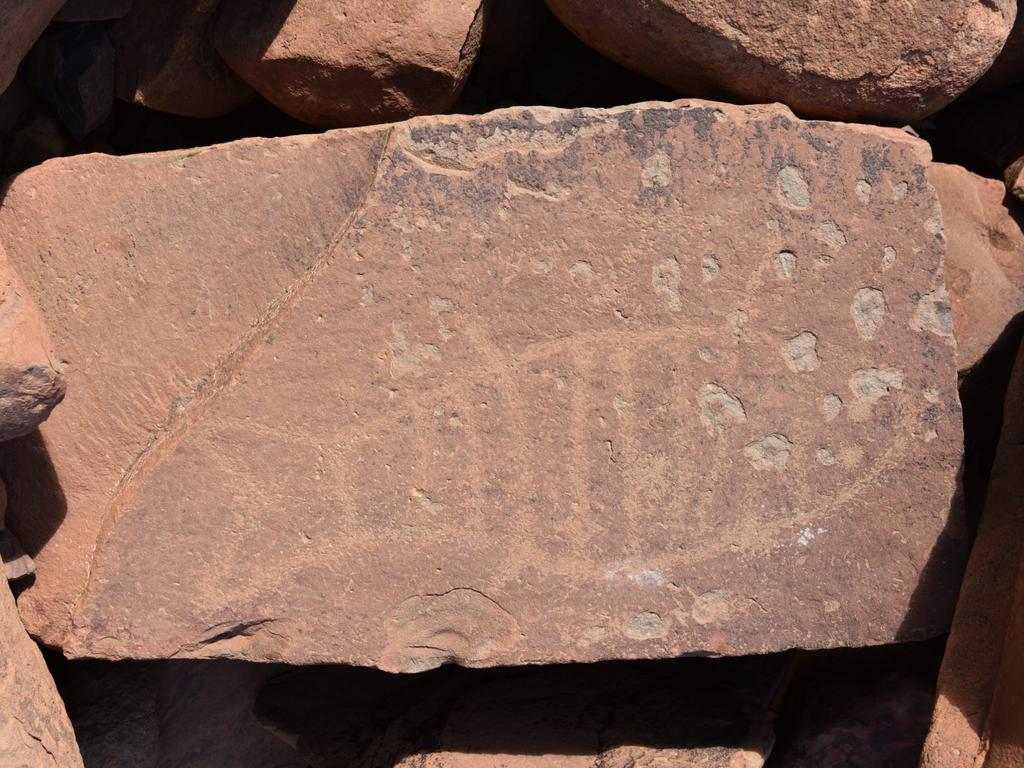

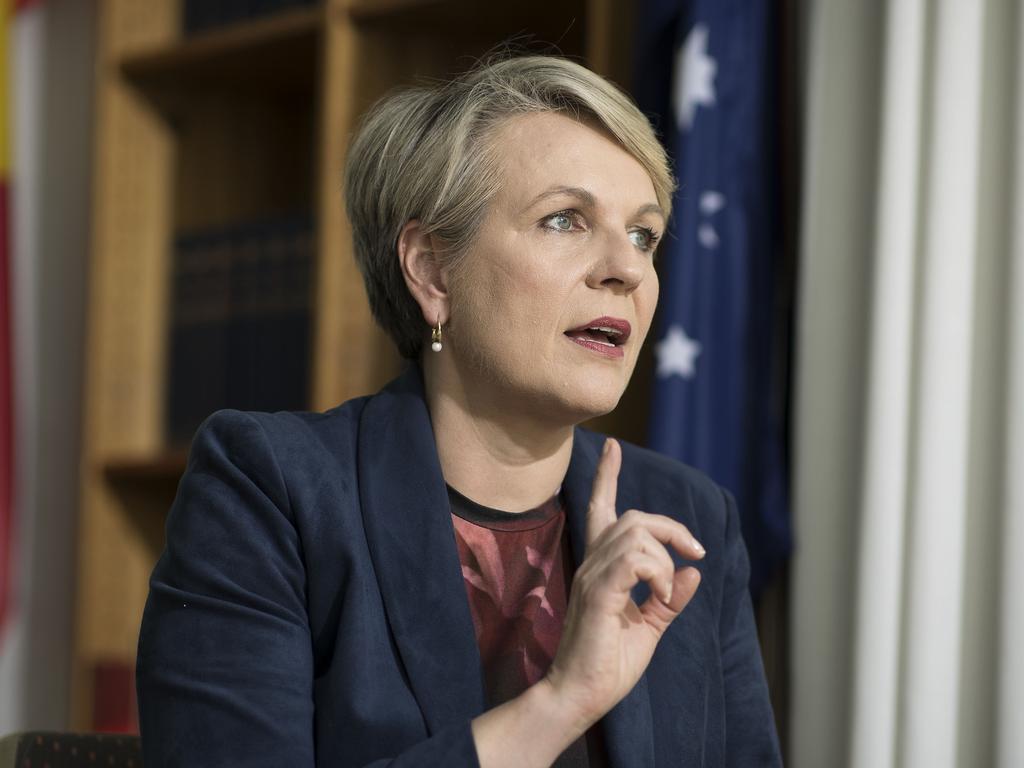
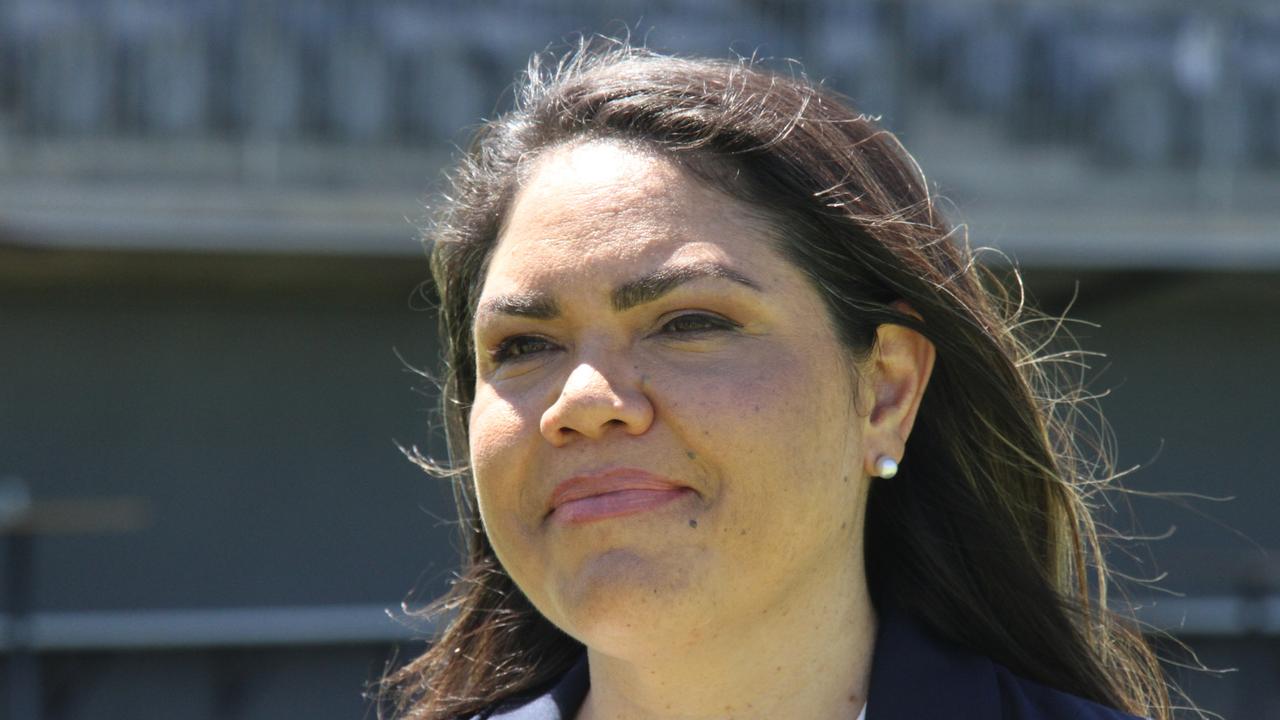
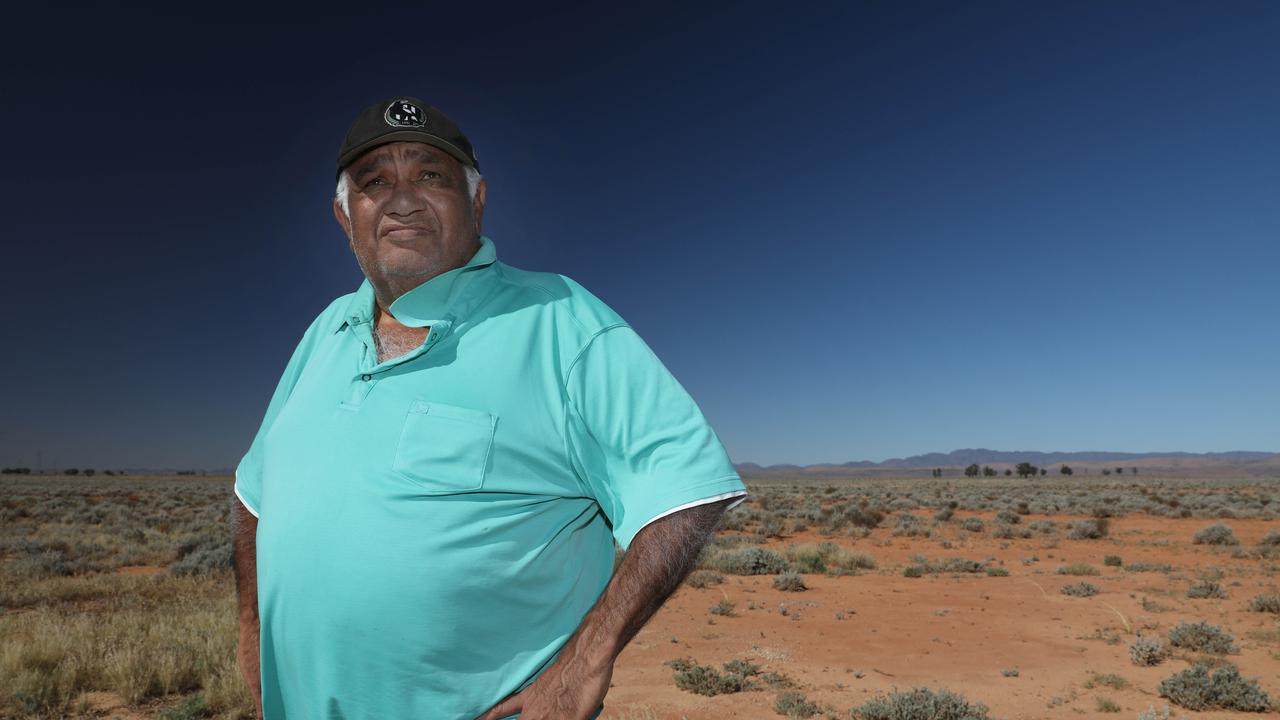
To join the conversation, please log in. Don't have an account? Register
Join the conversation, you are commenting as Logout